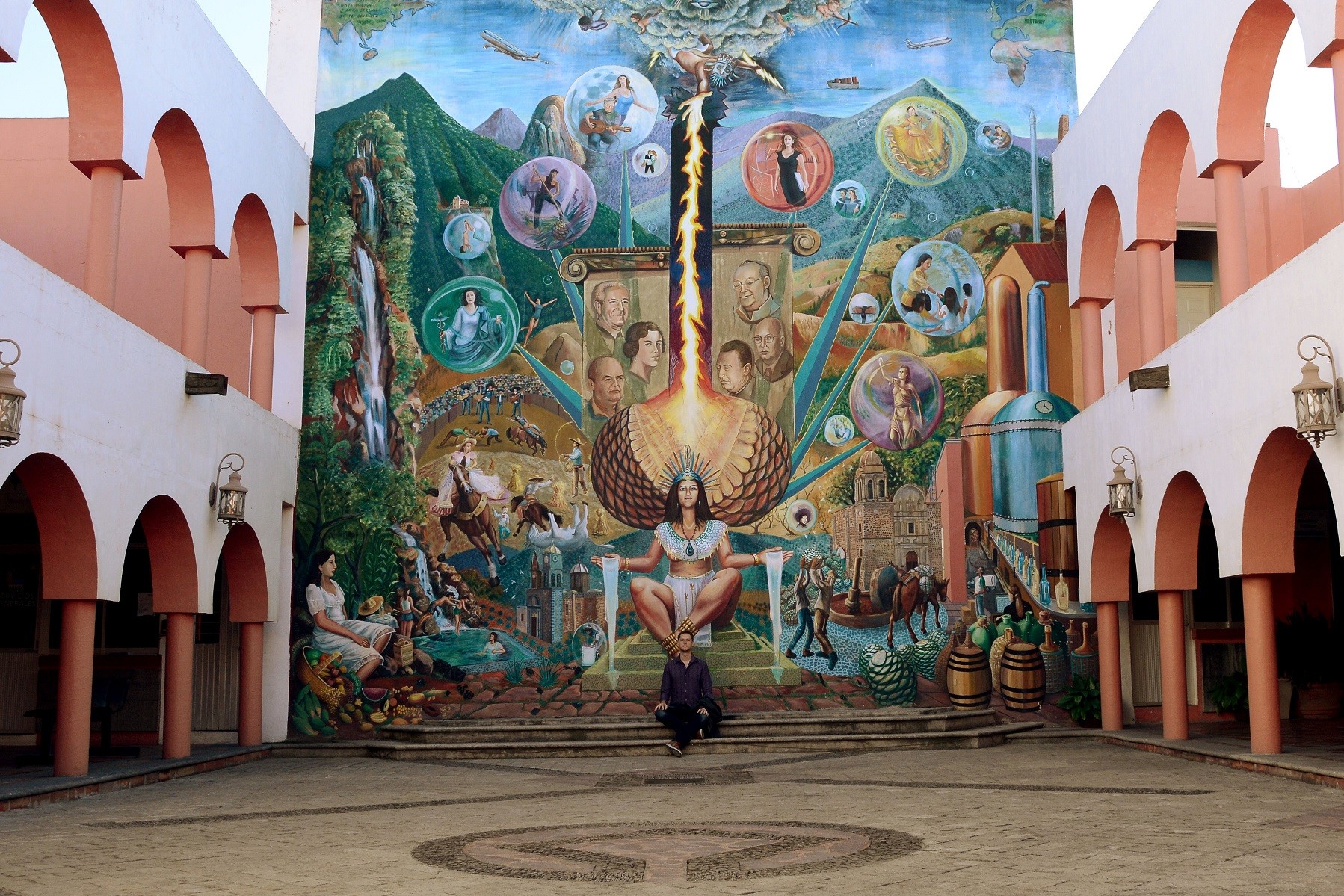The Story: Is the universe becoming more complex or chaotic?
In our short lifetimes, it’s difficult to see what the long-term trends of the universe are. Physicists guess that the universe is slowly dying, as energy gets used up or is transmuted into more and more stable forms. If that’s the case, where do we fit into the mix? Are our lives just a part of this move towards an equilibrium state, or is the growing complexity of the human race and its machines just a freak occurrence, an anomaly?
Kurt’s conversation with Andrew Levine (a.k.a. Andrarchy) continues as we discuss the concepts of his crowdsourced book, the general trends of the universe, artificial intelligence and whether the Big Bang theory is a reality, a fairy story cooked up by bored scientists, or just an awful TV show.
Join us on the next complexity-driven episode of … The Paradise Paradox!
The Eps:
Everything is information: Andrarchy – Episode 145
Mental illness outsiders – The Andrarchy Show Episode 5
Talking to horses, ghosts and demons – The Andrarchy Show Episode 4
A psychotic break or shamanic awakening – The Andrarchy Show Episode 2
Mental Illness and shamanic experiences – The Andrarchy Show Episode 1
The Links:
The morality of artificial intelligence by Luke Stokes
Why information grows – Cesar Hidalgo
The Cash:
If you enjoy our posts, please have a look at The Paradise Paradox’s page on Steemit where you can join, earn money, and upvote our posts to help support the show! You can also find a lot of additional content which is not posted on this site, with Kurt’s posts on Steemit and Aaron’s posts on Steemit.
We really appreciate all of your contributions! Every cent and satoshi we receive lets us know that we’re doing something worthwhile, that you are entertained by our program, and that you’re starting to question what you know more and more. Please be generous. Donate to The Paradise Paradox. Or buy some stuff on Amazon using this link. Or buy some of our great T-shirts here.
The Episode:
Audio PlayerTo download the audio, right click and press “save as”.
Remember to subscribe on iTunes or subscribe on Pocket Casts.
If you enjoyed the episode, don’t keep it a secret! Feel free to share it on Twitter, Tumblr, Facebook, Reddit, or your office bathroom wall.
